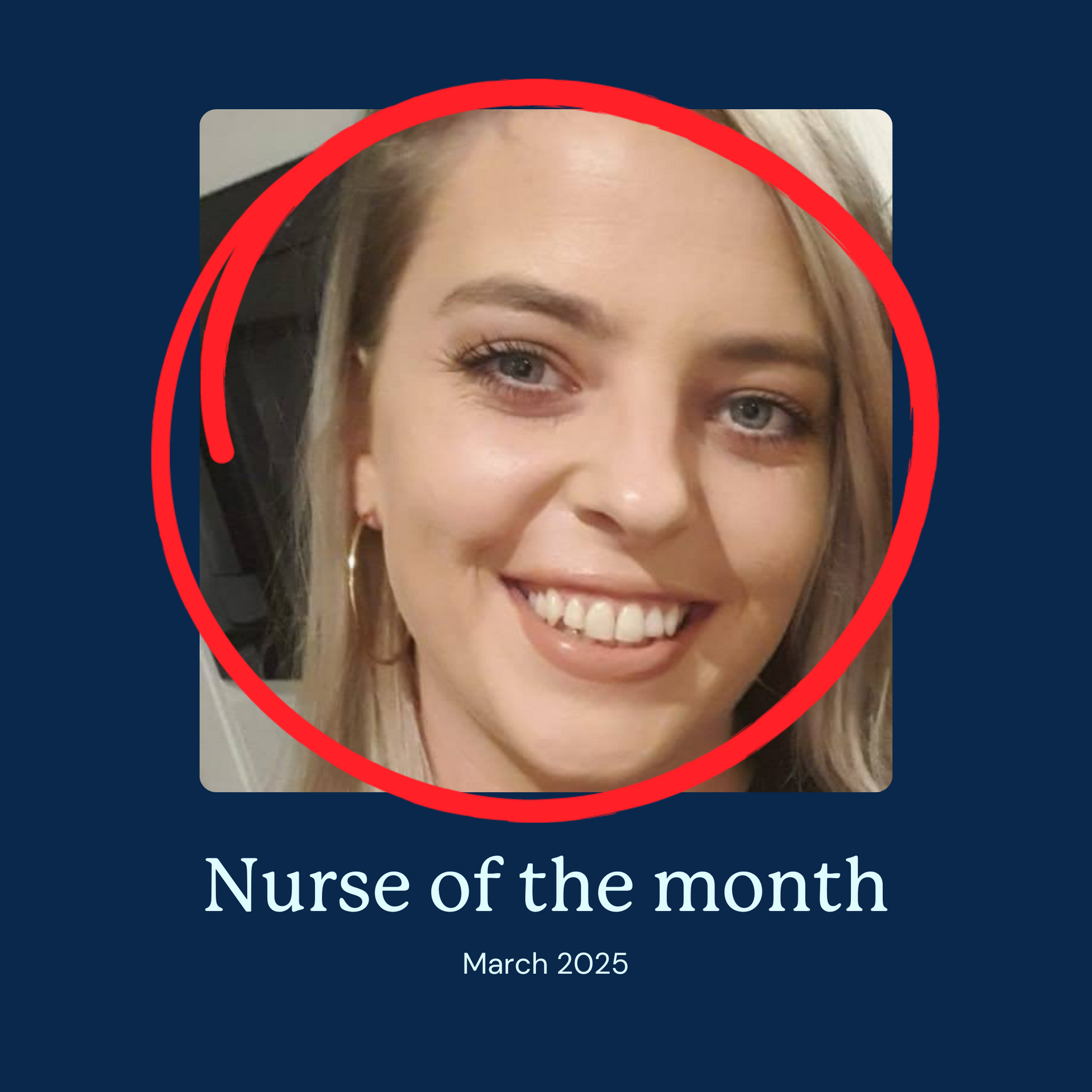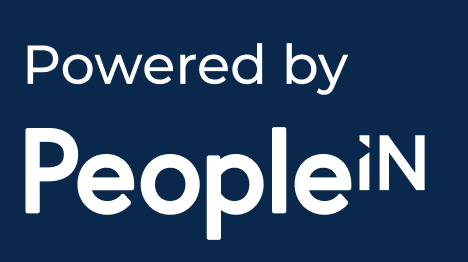
Have you completed your tax return yet? Though some may dread this time of year as they pull together all the required paperwork requested by our accountants, it can really pay dividends if we know what we are eligible to claim. As a fellow nurse, I was shocked at some of the items you could potentially claim for at tax time. Enjoy this post as I explain exactly what they are and how you could receive your best tax return yet!
Disclaimer - I am not a licensed accountant, nor do I work for the Australia Taxation Office (ATO). I am simply a registered nurse who is really passionate and incredibly interested in saving my nursing mates a few dollars. Have a chat with your accountant on anything I’ve listed and see which of the below could benefit you.
1. Clothing
Are you required to wear a particular uniform or an item of clothing for your job? According to the ATO you can “claim a deduction for the cost of buying, hiring, mending or cleaning certain uniforms that are unique and distinctive to your job, or protective clothing.” Here is what you can and cannot claim regarding clothing:
What you can claim:
●Footwear - must protect yourself from the risk of illness or injury such as non-slip nursing shoes
●Supportive / compression stockings
●Compulsory uniforms (including scrubs, aprons, vests, lab coats) with a logo
What you can’t claim:
●Deduction for the cost of buying or cleaning plain clothing worn at work (even if you’re instructed by your employer you need to wear it)
●Buying plain clothing such as black pants, plain shirts or black shoes, even if you only wear it to work
2. Annual Nursing Registration Fees (eg. AHPRA)
I highly encourage you to claim your annual nursing registration fee. Just keep the email receipt for proof of payment.
It should be noted though that nurses who are practicing a new role for the first time and incur some initial cost in obtaining a practicing certificate, can’t claim this fee. The cost must be incurred during the course of employment.
3. Overtime meal expenses
This one might be a bit confusing to get your head around but you are able to claim the cost of a meal you bought and ate when you worked overtime. However, you can only claim this meal if you receive an overtime meal allowance under an industrial law, award or agreement, and it's included in your assessable income.
According to the ATO, “you can't claim a deduction if your overtime meal allowance is rolled into your salary / wages and not included as a separate allowance on your income statement or payment summary”.
My recommendation here is to keep your receipts if you are wanting to claim a deduction for an overtime meal. An interesting (and cool thing) here though is the ATO set an amount each year you can claim for overtime meals without receipts, if it was a “reasonable amount.”
So if you’re asked to do overtime, don’t go hungry. Go buy a meal - just keep the receipt.
4. Self-education expenses
The ATO allows nurses to claim for self-education expenses if your course is directly related to your current job, eg. ECG interpretation.
However, you can’t claim for a course/study that is vaguely linked to nursing and is actually designed to help you get a new job away from the nursing profession.
5. Union and professional association fees
Whilst you can absolutely claim your annual union fee, don’t forget to jump onto their website and see what other freebies and discount codes are on offer.
6. Briefcase or work bag
Do you need a laptop bag or briefcase for your nursing job? Consider claiming it.
7. Stationary
According to the ATO, “as long as the expense relates to your employment, you can claim a deduction for the work-related portion of the cost of stationary”.
This includes:
●Calculators
●Logbooks
●Diaries
●Pens
8. Phone and internet costs
If your employer requires you to use your own phone and internet, you can claim this. However, you can only claim the use of your personal device for the work-related portion.
9. Car expenses
This one can get a little grey and will likely need clarification with your accountant or the person looking after your tax return.
In simple terms, you can claim a deduction when you:
●drive between separate jobs on the same day – eg traveling from your job as a nurse to a second job as a barista
●drive to and from an alternate workplace for the same employer on the same day – eg driving from your usual clinic to another clinic to work for the same employer.
However, you usually cannot claim:
●the cost of trips between home and work (regardless of the distance of travelled or shift time / date).
There are a few notes on the ATO website which talk about using your own car to drive heavy tools / equipment where there is no safe storage available. If you think you fall into this group - I’d suggest seeking further advice.
In case you’re thinking about it, you can’t claim a deduction for getting or renewing your driver's license, even if you must have it for your job. This is a private expense.
10. Watches and timepieces
Do you use a fob watch or another kind of wristwatch which has special characteristics that assist in your nursing role? You may be able to claim the cost of these items. This includes the replacement of batteries, repairs and watchbands. You can’t claim your ordinary wrist watch though, even if it’s waterproof.
As a little catch, the ATO states the following “if the watch cost more than $300, you can only claim a deduction for a decline in value (depreciation), just so you are aware.
11. First aid courses
Are you required to undertake a first aid course by your employer as you’re the designated first aid responder? You can claim this deduction. However, if your employer reimburses you for the cost of the course, you can’t claim it.
12. Repairs to tools and equipment
Do you use a stethoscope, trauma shears, apron or a pen touch at work? If these items break you can claim the cost for getting them fixed.
13. Seminars, conferences and training courses
If these all relate to your job, keep / upload a copy of the receipt to your myGov app and pop in a claim.
14. Journal, books, periodicals and magazine subscriptions
No, you can’t claim women or men’s health magazines nor can you claim Better Homes and Gardens, but you can claim journal and magazine subscriptions that are linked to your nursing job. Again, just keep a copy of the receipt / proof of payment.
15. Laundry and Maintenance
You can claim for the cost of washing and drying clothing if you wear it to work and it’s protective, occupational specific, or is a uniform - either non-compulsory and registered with AusIndustry or compulsory.
If your laundry claim (excluding dry cleaning expenses) is $150 or less, you don’t need to hold on to your receipts. But you do need to explain to the ATO how you calculate your claim. It’s not automatic.
Lastly, the ATO does make mention of potential allowances “for work that may be unpleasant, special or dangerous.” I haven’t heard much about this before so discuss it with your accountant if you think this applies to your situation.
Now, go and find all those receipts you’ve hidden in your car, work bag and around your house and get them ready for the accountant. A cash injection could be on its way!
Good luck.
Emma Smith
Registered Nurse
Co-Founder The Other Shift
More articles







